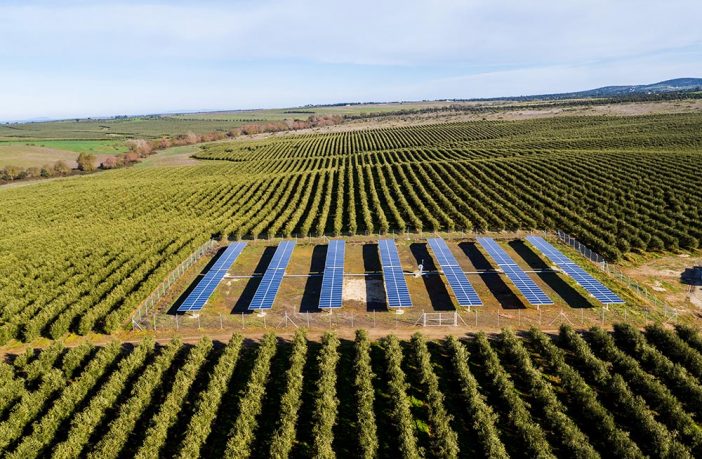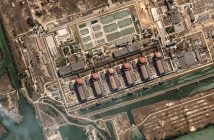- The International Finance Corporation (IFC) and the Agricultural bank of Egypt (ABE) announced last week Thursday that they will partner to help Egyptian farmers access financing to purchase solar irrigation systems, reducing their reliance on diesel-powered generators and boosting their productivity.
Using solar power for water pumping could potentially save farmers an estimated LE 14 billion ($875 million) annually in diesel fuel costs, helping reduce greenhouse gas, according to IFC.
The IFC clarified that through the partnership, it will help ABE build capacity and design new financial products to enable Egyptian farmers—most of whom lack direct access to grid electricity—to purchase and install solar irrigation pumps. “ABE serves 4 million farmers in Egypt and is one of the country’s largest banks,” they added.
“Expanding the use of solar energy technology among farmers is part of our strategy to support agricultural and rural development in Egypt. It will also contribute to the country’s 2030 strategy to encourage agricultural investments and rationalize the use of resources, including energy, in the sector,” Deputy Chairman of the Agricultural Bank of Egypt, Sami Abdel Sadek, said.
“Our partnership with ABE will help provide clean energy to farmers at an affordable cost, while helping reduce greenhouse gas emissions. Supporting the development of renewable energy and expanding access to finance are priorities for IFC in Egypt,” , IFC Country Manager for Egypt, Libya, and Yemen, Walid Labadi, said.
IFC stated that the partnership is part of IFC’s broader advisory work to strengthen Egypt’s clean technology sector and support entrepreneurship in the country.
Under the Cleantech Entrepreneurship and Market Development Project, IFC is helping select financial institutions build their capacity to offer financing facilities for off-grid photovoltaic (PV) systems in the agribusiness sector. The project is being implemented in partnership with the governments of Denmark, South Korea, and the Netherlands.
Author: Bryan Groenendaal
Source: IFC











